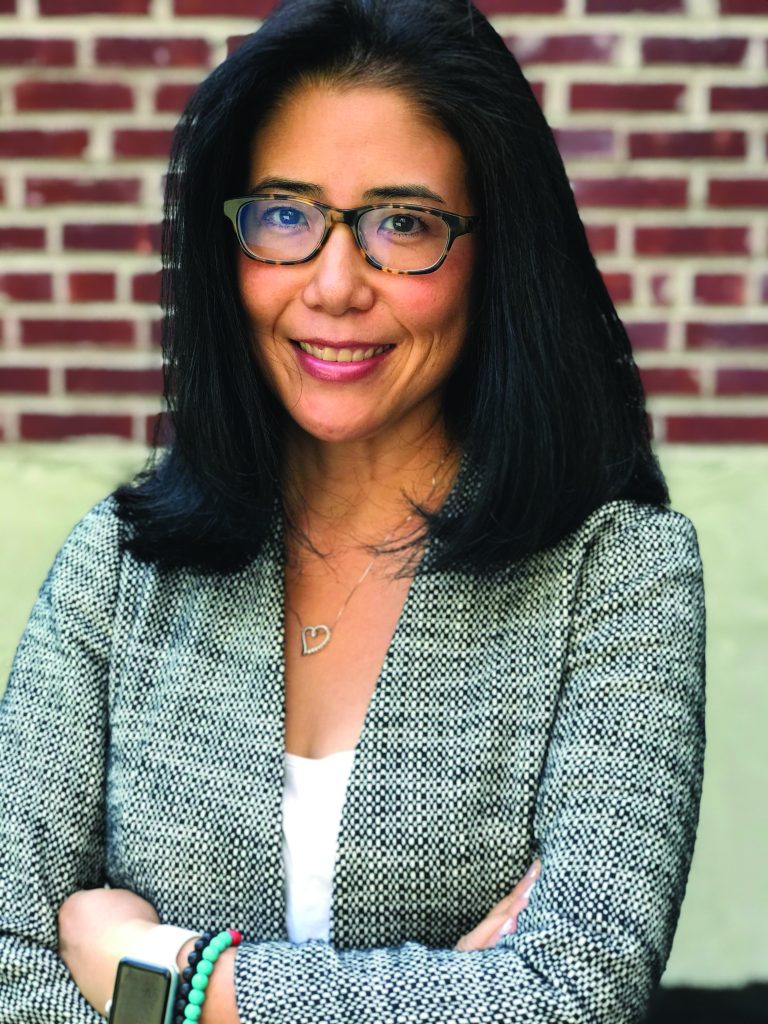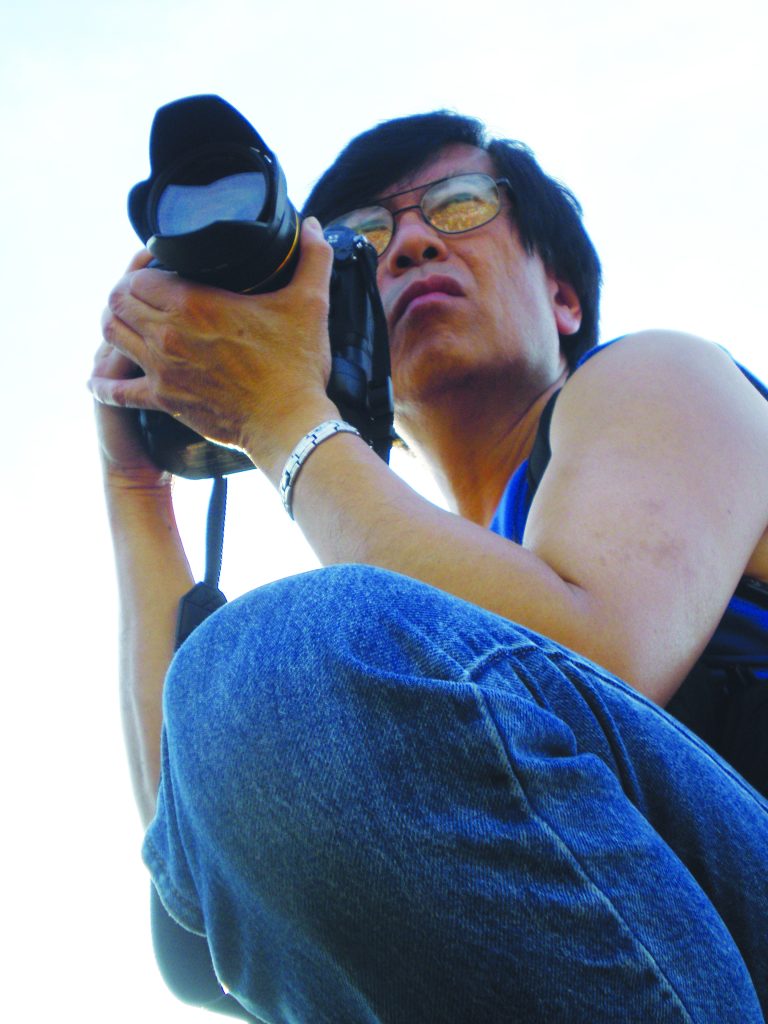
Jennifer Takaki’s path to directing Photographic Justice: The Corky Lee Story began with a chance meeting in New York City back in 2003.
“It was a very random moment,” the Colorado-born director told Boulder Weekly over Zoom. “It was after an event. I was looking where the bathroom was, and Corky Lee was just the closest person to me, so I asked him.”
Born and raised in Queens, Lee was a quintessential New Yorker who spent 50 years documenting the celebrations, struggles and daily lives of Asian American Pacific Islanders through his work as a photographer. Over the course of his career, Lee created an archive of nearly one million images.
Within moments of asking Lee for directions, Takaki found herself pulled into the orbit of his deep knowledge and charm. “He started to give me the history of the building,” she recalls. “He said the bathroom could be on a different floor because it was an all boys school, then he told me about how it got started.”
At that point in her career, Takaki was focused on making short five-minute videos where she followed unique people around and had organic conversations with them about their lives.
“I wanted to do vignettes that I would post on the internet. I wanted to give people a peek at the New York people that were interesting,” Takaki says. “Corky was so interesting to talk to that I knew I wanted to start documenting him. He just fit into what I wanted to do so much.”
‘It was never boring’

Born and raised in Pueblo, Takaki is a fourth-generation Japanese American who went to journalism school at CU Boulder in 1993. She then began her career at Denver television station KCNC.
“I never actually planned to become a filmmaker,” she says. “I was just interested in people.”
Takaki was then recruited to live and work in Hong Kong for a global packaging company called Encore International. After a few years and a brief stay in New Mexico to help her parents, she set out for New York, where she interviewed Lee for the first time.
Little did Takaki know that this would mark the beginning of a nearly 20-year journey in which her five-minute long vignette would become a full-length documentary. Lee died at the age of 73 in 2021, three years before the film was released.
“He’s so dearly missed,” she says. “Even now, I still feel like his work and impact runs under the radar. We want to continue his legacy and really show who he is to the people who care about the topics he cared about.”
Takaki originally spent two years on her five-minute piece about Lee. Although it was complete, she didn’t think the piece was strong enough. “I felt like there was something missing.”
Rather than giving up, she decided to connect with Lee again. “I just kept filming him. I didn’t know what I was going to do with it,” she says. “I just enjoyed following him, talking to him and seeing what he was going to do.”
It wasn’t until 2013, a decade after she had begun work on the documentary, that Takaki decided to turn all of her footage into a feature film. “He was just so engaging,” she says. “You could see someone random and they’d tell you about something he was doing. He’d always be at an exhibit or a protest. It was never boring.”
‘How can it go wrong?’

Not only did Lee’s gregarious personality make him a treat to chat with, it also made him the perfect character for a first-time filmmaker who was still learning the ropes.
“It was like lightning in a bottle,” she says. “He was so polite, too. He never asked me when the film was going to be finished or released. He would just show up and talk to me.”
That’s not to say Takaki didn’t feel the weight of expectation in telling Lee’s story, though. “He’s such a beloved figure. He’s so well known. There’s a lot of pressure that comes with that,” she says. “But he was always so interesting and ready and the perfect subject matter, so it made me think, ‘How can it go wrong?’”
Ultimately, with Photographic Justice: The Corky Lee Story, Takaki is just happy to be a part of Lee’s legacy.
“We’re not the be all and end all. There are so many other things about him, like blogs, interviews and his own pictures. These are just my moments with him,” she says. “He was so multifaceted. This doesn’t cover everything. I just hope this sparks people’s curiosity in Corky and they will want to continue their education on him.”
Takaki has already moved onto her next project, one that’s much closer to home. She began work on a documentary about Pueblo in 2009, which will focus on her family’s history in Colorado.
“It’s a very personal journey,” she says. “Pueblo is such a unique city, and my dad worked on the council. It’s such a weird place. There are so many facets to it.”
For the time being, though, there is one aspect of finishing Photographic Justice: The Corky Lee Story that does bring Takaki particular joy.
“I’m just so satisfied that the film is finished after so long,” she says. “It’s such a relief and so great that more people are now learning about Corky.”
ON SCREEN: Photographic Justice: The Corky Lee Story premieres at 8 p.m. Monday, May 13 on PBS.
